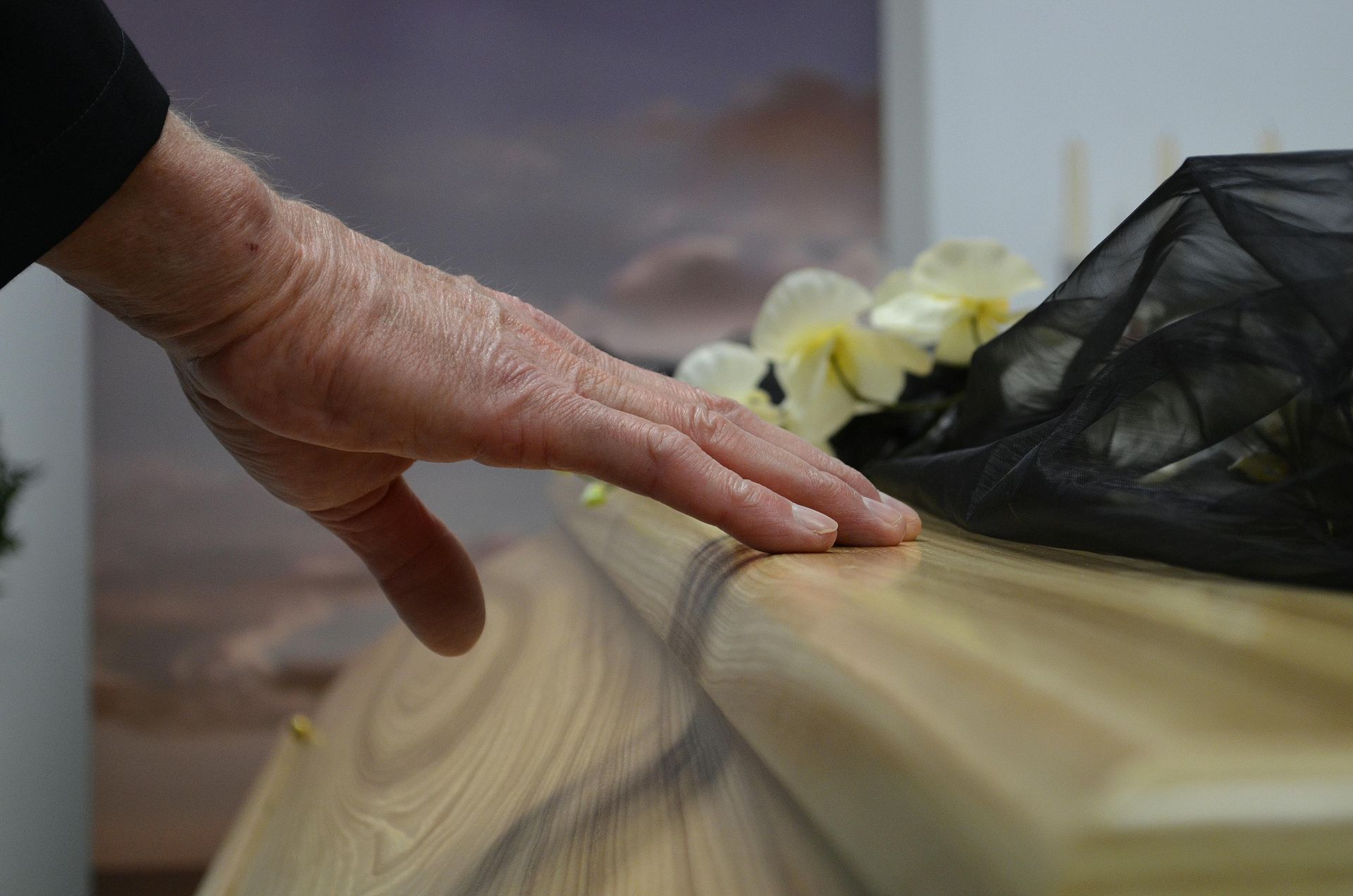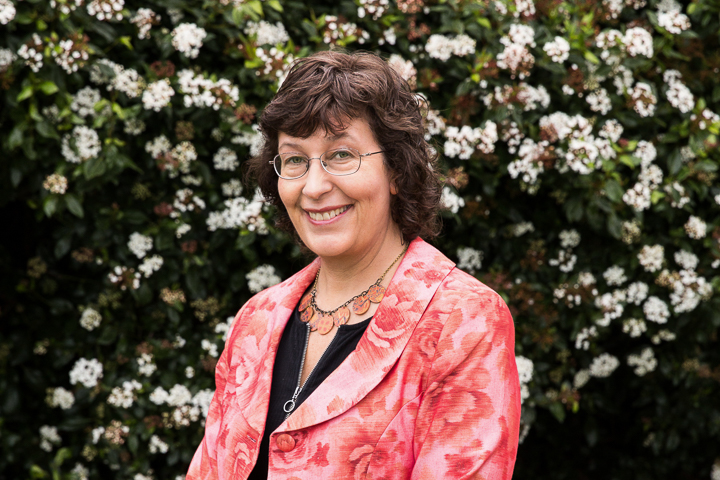Loss and Grief
July 23, 2019
Grief doesn’t stop when the funeral is over
Grief doesn’t stop when the funeral is over…
The first is the realisation that grieving is a very personal process and it is more than just sadness. Emotions can swing wildly between shock, anger, numbness, depression, guilt, confusion and regret. People are often surprised at how physical grief can be. Exhaustion, shivering, loss of appetite, weight loss, insomnia, and chest pain are a few of the physical effects you may experience.
The second is that people feel guilty when they haven’t “moved on” within a prescribed period of time. I’ve had many a cup of tea with a grieving person (often the bereaved husband or wife after a long and happy marriage). They tell me that they don’t want to bother their family or friends any more, so they pretend that they are coping when the reality is, they are struggling every day.
Thirdly, in the last couple of years we have noticed an increase in requests for support from some family members when there has not been any sort of farewell for their loved one. Often the decisions were made very quickly following a death, while they were in a shocked state, and then feelings of regret may follow.
So, what can we do to help?
We are always available for a gentle chat, we can send you grief support information, or loan you a book from our library.
We have also recently partnered with the Grief Centre, to provide complimentary bereavement support for up to a year after the funeral. The listening ear of an experienced support worker, as well as information and resources on loss and grief for all ages, is being warmly received by the families we care for.
If you would like to find out more about the services we provide, phone us on 03 4552128, pop into our offices in Hillside Road or check out our website www.gillions.co.nz.

If you have been keeping up with the news lately you may have noticed several distressing stories about a lack of care demonstrated by some funeral directors when being contracted by bereaved families after the loss of their loved one. There is no government regulatory authority for funeral directors in New Zealand but all funeral directors must comply with legal requirements around care of the deceased as specified in the Burials and Cremations Act. In addition, there are requirements for fair pricing and contracts under the Fair Trading Act, as well as obligations that apply under the Consumer Guarantees Act. We are members of the Funeral Directors Association so adhere to the ethics and standards that are part of our membership. We know that transparency of pricing is important along with ensuring that the options chosen work with families’ budgets. We regularly provide detailed pricing estimates along with information to help with farewell planning. Our many years of experience have also shown us that it is important to be looking at the ‘big picture’ when choosing a service provider. When you engage Gillions to look after arrangements for your loved one you will have the comfort and assurance that they will be well looked after from the time we transfer them to our care until the time we take them to the crematorium or cemetery. Our care for you continues beyond this time as we know that grief does not have a time limit.

We’re often asked whether children should be involved after a family member's death, and if so, how? While you know your children best, our general advice is to include them as much as possible. Children will take cues from the adults around them, so if you're open and honest, they will likely follow suit. Answer their questions directly but avoid unnecessary details unless they're asked. Their inquiries will be shaped by their age and previous experiences, such as the death of a pet. Children under 7 may not fully understand that death is permanent, universal, and involves the body stopping completely. They may ask more literal questions, like "Who will Nan play with in heaven?" or "Who will take me to the park?"

In some cultures, being around the deceased is a natural part of life, but in Western culture, we’ve moved away from this. At Gillions, we believe in supporting families to be as involved as they wish in caring for their loved one after they’ve passed. This may include helping to dress them, spending time with them, or bringing them home before the funeral. While it’s natural to feel unsure about this, we often hear from families that the experience was deeply meaningful. Dressing a loved one can feel like a final act of love, especially if you helped care for them before they passed. We encourage children to be part of this process too.

Grief is a deeply personal journey, influenced by past experiences and the circumstances of loss. When a death is sudden, for instance, grief can feel more complex and harder to navigate than when the death was expected. While many find their own path through grief, others may require additional support










